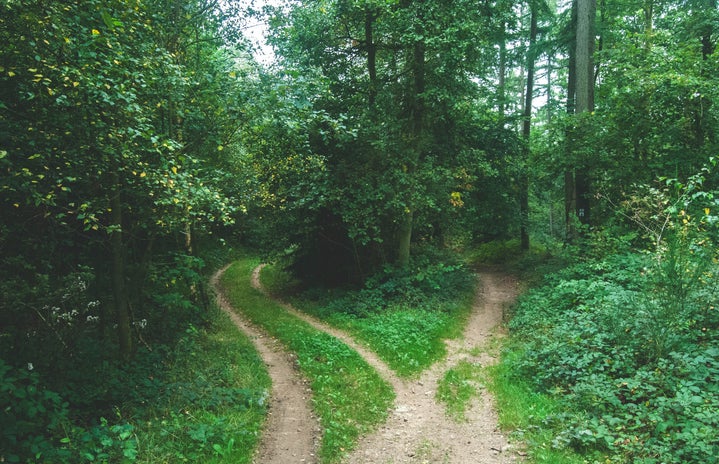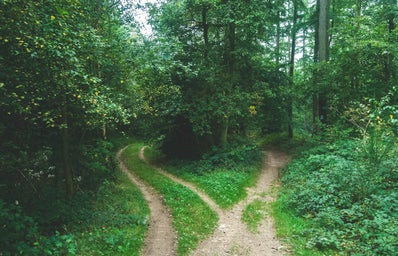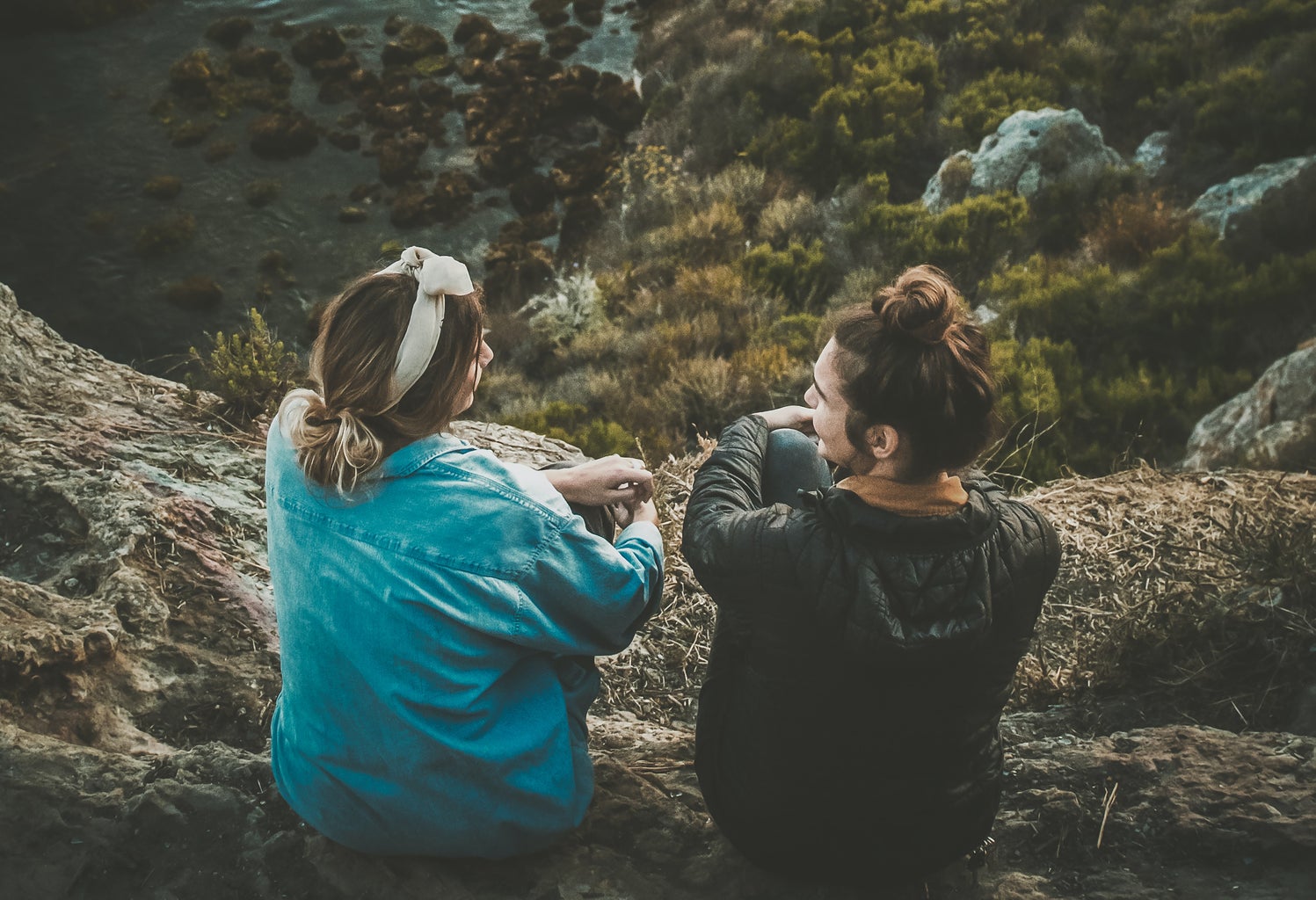A few years ago, in the midst of my good ol’ high school days, my friends and I decided that we wanted (correction, needed) to get tattoos. There was a youthful excitement that came with going to the tattoo parlor, and all that followed. Unfortunately, being rather fickle myself, I never ended up with a tattoo that year. Yet, I remained content watching my friends get them. Late in September, a friend of mine got a tattoo of the Japanese characters that go as follows: 森林浴.
Translated, these characters represent the phrase “shinrin-yoku,” meaning “forest bath.” In Japanese culture, this term refers to the act of making contact with and taking in the atmosphere of the forest. Not only does shinrin-yoku encapsulate the physical act of going to the forest, it also constitutes the truly spiritual act of reconnecting with the natural world. Although this was my first introduction to the idea of shinrin-yoku, it was not my last encounter with the idea.
A few months later I traveled to the Calaveras State Park, often referred to as “Big Tree State Park.” Inside lies mass aggregations of sequoias. Despite the 250 foot tall trees looming around me, I felt an unexpected sense of demure tranquility walking through the forest. Perhaps it was being surrounded by beings greater than myself in both size and age, but I felt as if I was rooted down to the mossy forest floor. The air felt different too—in a way, it felt fresher than anything I had yet to consume. This experience was my first time actually experiencing shinrin-yoku.
Reserving time to disconnect within the natural world has widely been shown to reap great benefits for mental health, from improving mood to helping with anxiety and depression disorders. Yet I have found that spending time in nature is not necessarily the same as taking part in shinrin-yoku.
To me, the act of being within a forest represents a true disconnect from the modern technological world. Walking along rows of expansive trees within the Calaveras forest, I felt as if I was far away from bustling traffic and hectic modern life. Not only this, but forest bathing combines a sense of transcendental spirituality with this disconnection, ultimately fusing together the natural world with a new mentality that focuses on being present within the silent calm of the forest. Thus, in this sense, one might interpret forest bathing as both the physical act of being within a forest, but also the connection of consciousness to the natural world without interruptions from the outside world.
Research on shinrin-yoku has displayed reduced pulse rates and decreased rates for depression, fatigue, anxiety, and confusion after participants spent time taking trips to the forests. Further, it has been noted that trees hold “healing powers” in the essential oils that they produce, which can ultimately benefit mental health by reducing symptoms of anxiety and stress. The practice of “forest medicine” is prevalent within Japan’s 70% forested environment, and remains a substantive principle of research.
While access to vast forests of flora and fauna may be difficult to find amidst an urban college environment, I believe, as noted above, that shinrin-yoku embodies a mentality as well as the act of being in a forest. Thus, when going for a walk outside, the simple act of remaining conscious of the natural world can make all the difference in terms of aiding mental health challenges.
Aside from the natural splendor of the UCSB campus, there are many natural abodes in the Santa Barbara Area to try out the practice of shinrin-yoku. Below lies just a handful of my personal favorites:
- Los Padres National Forest
- The Coal Oil Point Reserve
- The Santa Barbara Botanic Garden
- The Gaviota Hot Springs
Although my first introduction to forest bathing came from a spontaneous high school tattoo, I do hope that it can become utilized as an aid for mental health challenges and as a means to promote a sense of consciousness and admiration for the natural world we all exist within.
*If struggling with a mental health emergency, please refer to this link in order to reach various emergency and crisis hotlines within the Santa Barbara area.*



